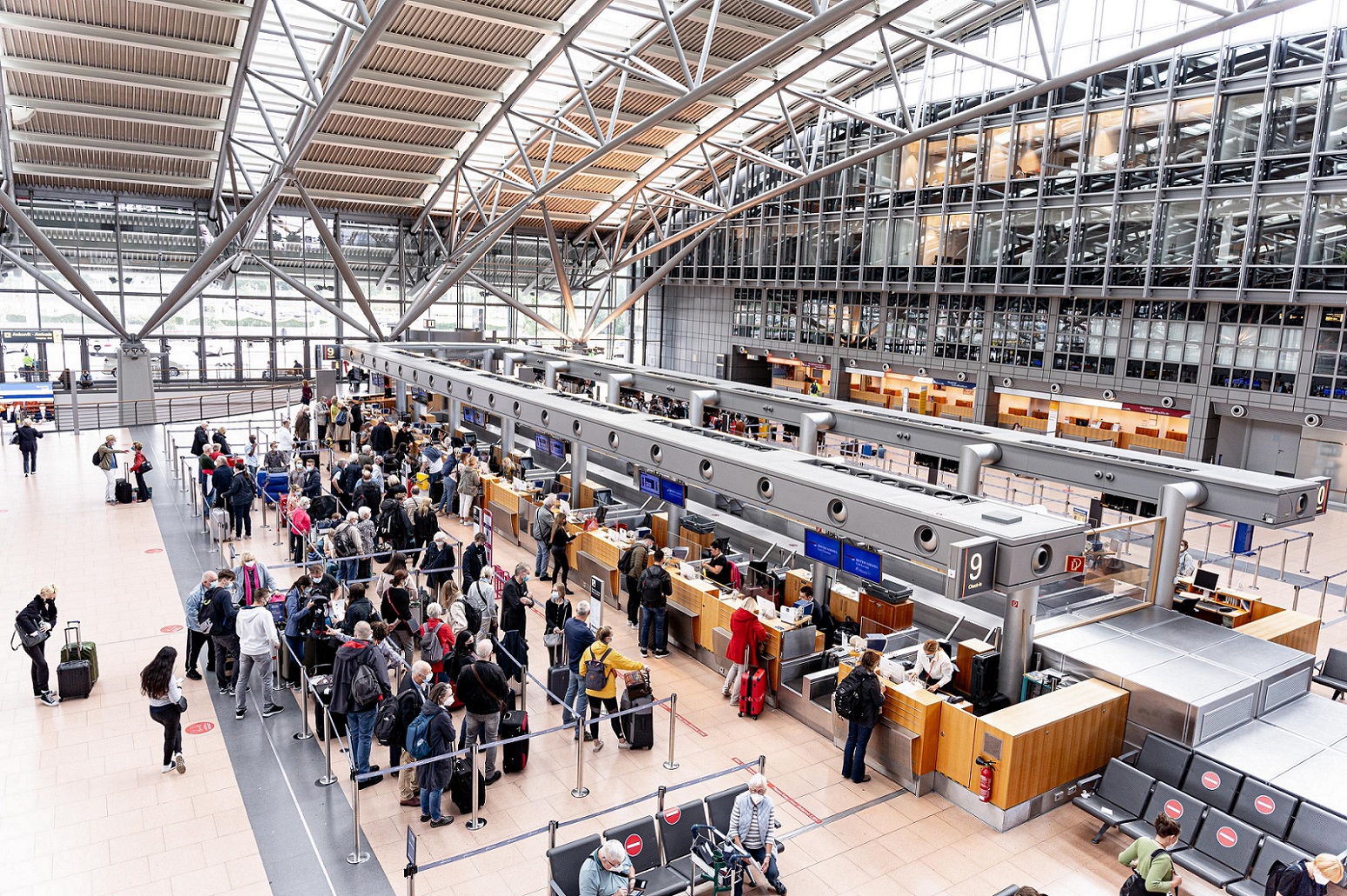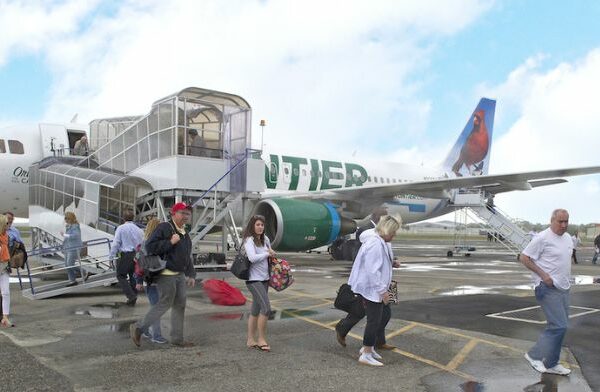


Europe’s tourism industry is experiencing a robust recovery in the first months of 2024. According to the European Tourism Trends and Prospects’ quarterly report, which was released by the European Travel Commission (ETC) on 7 May, data from reporting destinations shows that foreign arrivals (+7.2%) and overnights (+6.5%) in the first quarter of the year surpassed 2019 figures.
Recovery is largely being driven by strong intra-regional travel fuelled by Germany, France, Italy and the Netherlands. This is coupled with demand from the US, which continues to be Europe’s most important long-haul source market.
Commenting on the report, Miguel Sanz, ETC President said: “The early figures for 2024 reveal a positive outlook for European tourism this year. Consumer travel spending is set to rise notably across Europe, hitting record numbers in the coming months. This boost will support the travel and tourism businesses heavily impacted by the pandemic years and ongoing economic instability. Still, high prices and geopolitical risks remain hurdles for tourism, as the sector as a whole also strives to adopt more responsible practices to benefit the locals and preserve the environment.”
Year-to-date data shows that destinations in Southern Europe are leading the recovery in terms of international visitor numbers compared to 2019 levels, including Serbia, Bulgaria, Turkey, Malta, Portugal and Spain. Nordic countries are also witnessing an uptake in tourist activity, as overnight stays grew above pre-pandemic levels.
Meanwhile, in the Baltic region, countries continue to lag behind due to challenges caused by the war in Ukraine, with Latvia registering the lowest post-pandemic international arrivals, followed by Estonia and Lithuania.
Inflationary pressures and geopolitical uncertainties remain significant concerns for the European tourism industry, with the war in Ukraine continuing to impact tourism flows, particularly in Central and Eastern Europe. Meanwhile, the war between Israel and Hamas now significantly affects travel from Israel to Europe, with Israeli arrivals down 54% on last year in Q1 across reporting destinations.
Consumer data also shows that travel remains a top priority in 2024. Both intra-European and long-haul tourist spending increased in early 2024. Forecasts indicate that travellers will spend €742.8 billion in Europe this year, a 14.3% increase compared to 2023. This can be attributed to both inflation and evolving travel preferences, with travellers potentially opting for longer stays or more diverse experiences. Germany will be a main source of traveller expenditure, accounting for 16% of total spend in Europe in 2024.
This summer will see major sporting events boosting air travel. The Olympic Games in France and the UEFA European Football Championship in Germany. The Olympics are expected to attract a surge in domestic and international tourists, with the impacts extending beyond the city of Paris itself. Inbound spending growth is projected at 13% for Paris and 24% for all of France on 2019 levels. The Euros will be less concentrated in the German capital, with games taking place across 10 cities, offering a more dispersed benefit and all participating cities poised to experience a significant rise in tourism revenue.






